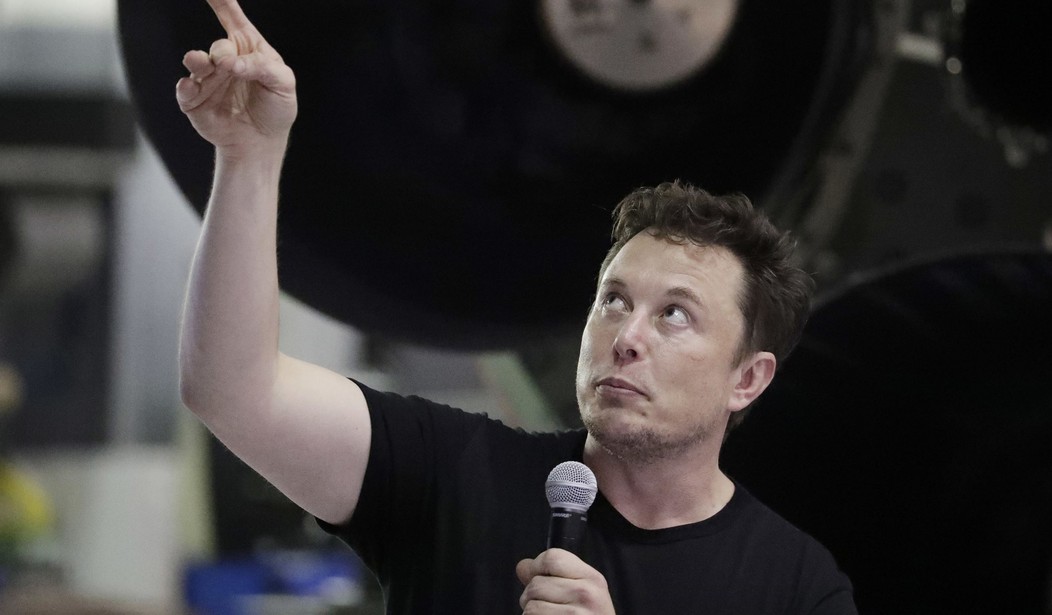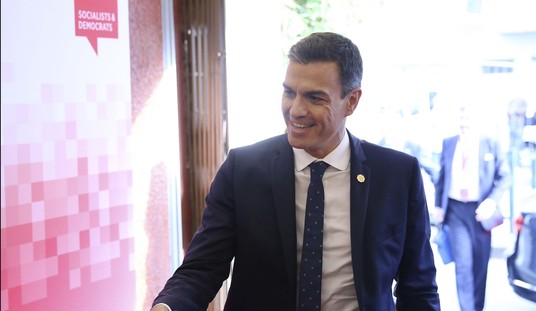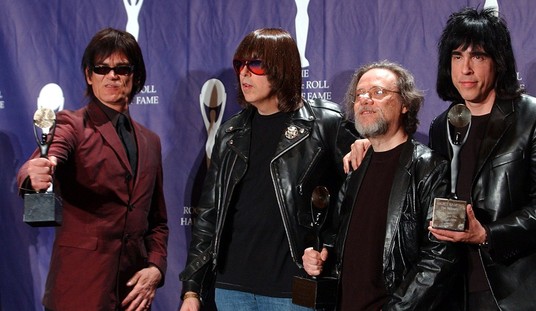Ask and ye shall receive. Billionaire Elon Musk stepped up and answered a plea from Ukrainian Vice Prime Minister Mykhailo Fedorov. Fedorov tweeted to Musk asking him for Starlink stations so that Ukraine can have satellite internet access. Musk made it happen.
Fedorov’s tweet was posted yesterday and just hours later, Musk responded.
Starlink service is now active in Ukraine. More terminals en route.
— Elon Musk (@elonmusk) February 26, 2022
Russia’s invasion into Ukraine hasn’t gone as smoothly as Putin likely predicted. Ukrainians are fighting back and Putin is suffering losses. Typically when an attack is launched on a country, internet service is shut down by cyberattacks from the aggressor. That didn’t happen in this war. Some areas of Ukraine were able to remain online. On Wednesday Ukraine’s Foreign Ministry, Cabinet of Ministers, and Parliament website were offline for several hours after a cyberattack. Banks were also affected.
Dear @elonmusk 👋
Ukraine needs your support. Your stance and your actions matter.
An appeal by our Minister of Digital Transformation here👇 https://t.co/7dhrwApApZ
— Ukraine / Україна (@Ukraine) February 26, 2022
SpaceX will provide more Starlink services to Ukraine to counter disruptions, especially in Kyiv and also across the country. Musk recently provided the same to Tonga after its volcano eruption.
SpaceX’s Starlink service offers high-speed broadband access via a massive constellation of satellites in low Earth orbit and is designed to ultimately provide coverage anywhere on Earth, with a focus on remote areas or underserved regions. Starlink users access the space-based internet service using a satellite dish placed on or near the location where service is needed.
Musk and SpaceX recently sent 50 Starlink terminals to the island nation of Tonga in the Pacific Ocean to provide free internet access to help reconnect remote villages there after a massive volcano eruption and tsunami in January, according to Reuters. The Starlink terminals will help restore communications with some of the hardest hit regions from the natural disaster.
The people of Tonga were recently connected with Starlink pic.twitter.com/TfWdvnG688
— SpaceX (@SpaceX) February 25, 2022
The satellite network allows large amounts of information to be beamed quickly to Earth without the need for fiber-optic cables. Fedorov said that technology is essential to counter Russian propaganda and fake stories. He also called on other tech giants for support. Starlink satellites were first launched in 2018. Since then 2,142 have been launched. Some have failed and some have been decommissioned in space. SpaceX has plans for a second generation megaconstellation consisting of 30,000 satellites.
The terminals Musk references in his tweet as being on the way are the receivers needed to access Starlink’s signal.
thanx, appreciate it https://t.co/OWm2Yu2WKC
— Ukraine / Україна (@Ukraine) February 26, 2022
Fedorov asked Facebook, Instagram, YouTube, Netflix and Google to block Russia-related accounts on Saturday. So far, these companies haven’t come through for Ukraine with support. Instead, Twitter explained that it erroneously blocked accounts sharing footage from Ukraine. Twitter’s head of site integrity said it didn’t “trigger automated enforcements based on report volume.”
Twitter said it mistakenly blocked accounts that were sharing footage from Ukraine — where, Ukraine’s foreign minister said, Russian forces have begun a “full-scale invasion.”
The suspensions affected open-source-intelligence accounts, which share footage posted to social media from conflict zones.
“We’ve been proactively monitoring for emerging narratives that are violative of our policies, and in this instance, we took enforcement action on a number of accounts in error,” a Twitter spokesperson said in a statement to Insider.
“We’re expeditiously reviewing these actions and have already proactively reinstated access to a number of affected accounts,” the spokesperson added.
When questioned by Insider on what rules the accounts were thought to have broken, a spokesperson mentioned Twitter’s policy on synthetic and manipulated media, which applies to misinformation.
We’re closely investigating — but mass reporting is not a factor here.
A small number of human errors as part of our work to proactively address manipulated media resulted in these incorrect enforcements. We’re fixing the issue and reaching out directly to the affected folks. https://t.co/sxh9IFgug2
— Yoel Roth (@yoyoel) February 23, 2022
Perhaps Twitter will better protect itself from being gamed by Russians making false reports against accounts sharing information about the war.
Facebook “restricted” the accounts of four Russian media outlets according to Russia’s tech and communications regulator, Roskomnadzor, so the Russian government partially blocked access to Facebook in the country.
“On February 24, Roskomnadzor sent requests to the administration of Meta Platforms, Inc. [to] remove the restrictions imposed by the social network Facebook on Russian media and explain the reason for their introduction,” the Russian regulator said, adding that Meta “ignored” its requests. It’s unclear what Roskomnadzor’s partial restrictions against Facebook mean or if the government is also somehow blocking access to Meta-owned WhatsApp in the country.
In response to Roskomnadzor’s statement, Meta’s president of global affairs, Nick Clegg, confirmed that the company declined to comply with the government’s requests to “stop fact-checking and labelling of content posted on Facebook by four Russian state-owned media organizations.”
“We refused,” Clegg said in a tweet. “As a result, they have announced they will be restricting the use of our services.”
Ordinary Russians are using @Meta's apps to express themselves and organize for action. We want them to continue to make their voices heard, share what’s happening, and organize through Facebook, Instagram, WhatsApp and Messenger. pic.twitter.com/FjTovgslCe
— Nick Clegg (@nickclegg) February 25, 2022
Clegg may want the voices of Russians to be heard but how long will it provide its service when the Russian government demands it cease? Russian citizens are protesting in the streets against the war. It’s a bold move on their part because protests are illegal in Russia. The protesters are being arrested by Putin’s police force. We’ll see if Facebook continues to “fact check” the Russian news outlets.
Kudos to Elon Musk for helping the Ukrainians keep in contact with the outside world and to get their stories out. Free countries across the world have united in support of Ukraine.
I’ll end with the cold open of Saturday Night Live last night. Instead of a lame political skit, the show actually rose to the occasion in support of Ukraine. The Ukrainian Chorus Dumka of New York sang. It was a moving performance.
“Prayer for Ukraine” performed by Ukrainian Chorus Dumka of New York pic.twitter.com/5pi2l1Olpx
— Saturday Night Live – SNL (@nbcsnl) February 27, 2022








Join the conversation as a VIP Member